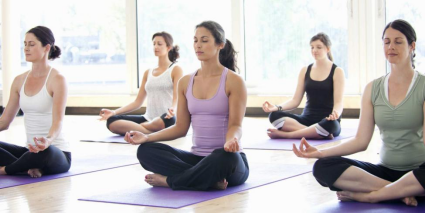Contradictory: “no makeup” fashion drives the use of cosmetics
Makeup "without makeup" sounds like an impossible contradiction, or even a mistake. But the beauty industry seems to know better than anyone: a good number of photos tagged #nomakeup actually require multiple cosmetics to look so "natural."
While popular trends flooding social media encourage women to embrace their natural beauty and post makeup-free selfies, new research from the University of Georgia suggests the so-called natural beauty movement isn't freeing women from cosmetics.
In fact, the opposite seems to be happening: cosmetics sales have risen along with the no-makeup movement.
The construction of a natural beauty
Published in the Journal of the Academy of Marketing Science, the study looked at the relationship between the rise of the #nomakeup movement on Twitter from 2009 to 2016 and cosmetics sales in the United States. The researchers found that the move was associated with an increase, rather than a decrease, in sales in most cosmetic product categories.
“This trend claims to be about empowering women,” says Rosanna Smith, lead author of the study and assistant professor at the Terry College of Business.
“But our research—she continues she—showed that the makeup-free movement actually exacerbated a key tension women often have to deal with: they are pressured to look attractive or uphold a set of beauty standards. But they are also punished or ridiculed for striving to uphold those standards by wearing makeup."
An analysis of selfies
The researchers wondered if the makeup-free movement might have encouraged consumers to present their appearance as natural, when in fact it involved "artificial" enhancements like makeup.
So they analyzed nearly 800 #nomakeup-tagged selfies on Instagram and categorized them into two groups: "real natural beauty selfies" that actually appeared to be free of makeup, and "constructed natural beauty" selfies where the person in the photo looked be wearing makeup.
"We wanted to see which style is rewarded more by others: real natural beauty that really has no makeup, or a look that's been enhanced with makeup in a way that looks natural," Smith details.
To do this, they used a machine learning model that compares the number of likes and perceived attractiveness of an additional 3,155 photos. The artfully crafted "natural" look won out.
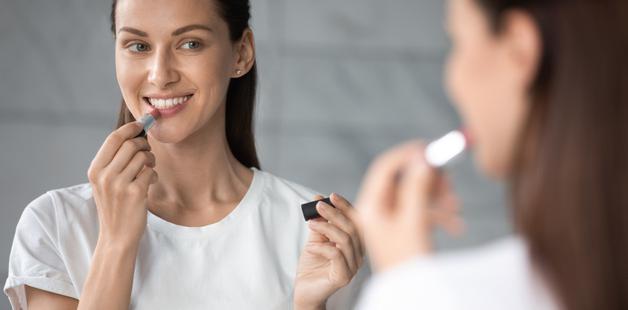
A sneaky effort to look good
"The results suggest that people may be motivated to say they're not wearing makeup when they really are," Smith said. "By doing that, you get the benefit of looking attractive without the penalty that can come with letting others know you put in the effort," she adds.
Finally, the researchers conducted a series of experiments to more directly test how others assess an individual's attractiveness in relation to the amount of effort required to look that way.
In one study, the same selfie of a woman was shown to 633 participants with different captions: one stating that there was no makeup, another with no mention of makeup, and another saying that the woman was wearing makeup.
Participants who were shown the post with the caption without makeup rated the woman as more attractive than the same woman in the other two posts.
"These results are consistent with previous work that has shown that being aware that a woman is wearing makeup can lead to the woman being judged less positively," says Smith.
“This reinforces the bond in which women are: you have to look good, but as if you had not tried. With this in mind, it's no wonder some women feel pressured to hide their effort," she adds.
uneven beauty
The beauty industry's emphasis on natural yet beautiful, glamorous yet low-effort looks won't stop anytime soon, the work concludes.
"I don't know how much natural beauty moves really help women," Smith said. "If we say we have to be who we are 'naturally,' we often indirectly shame women who can use tools to manage certain cosmetic concerns like cystic acne," she added.
“Only a lucky few can wake up looking naturally beautiful, at least by society's standards. If we elevate natural beauty and implicitly shame beauty work, won't we end up reinforcing inequality?" she wonders, by way of closing.
Look alsoWhat is plogging: the booming discipline that combines personal and planet care
Social networks: why sexualized images can generate body dissatisfaction
TOPICS THAT APPEAR IN THIS NOTE
Comments
Commenting on Clarín's notes is exclusively for subscribers.
Subscribe to comment
I already have a subscription
Clarion
To comment you must activate your account by clicking on the e-mail that we sent you to the box Did not find the e-mail? Click here and we'll resend it to you.
I already activated itCancelClarion
To comment on our notes, please complete the following information.

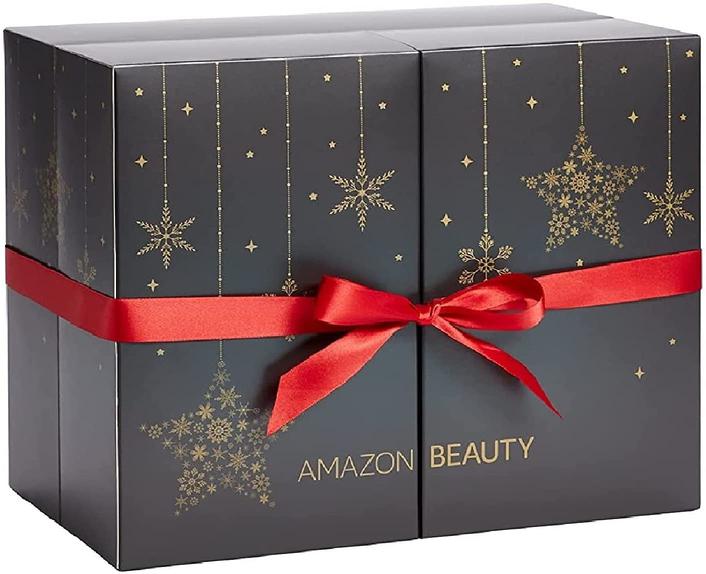
![46 Best Eyebrow Tint in 2022 [Based on 59 Expert Opinions]](https://website-google-hk.oss-cn-hongkong.aliyuncs.com/drawing/article_results_6/2022/2/27/ed118fdf3947d2023236cbe413ad9041.jpeg)
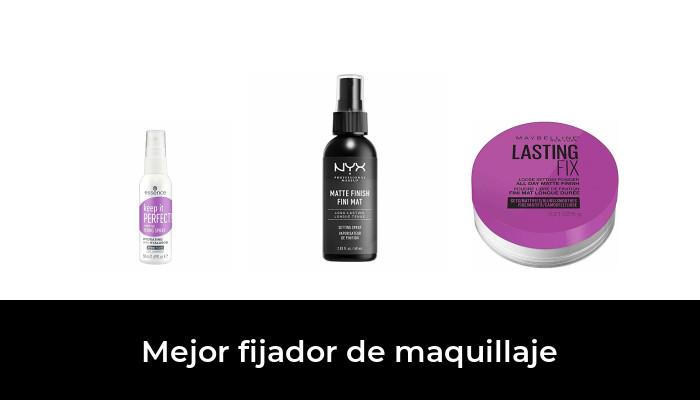
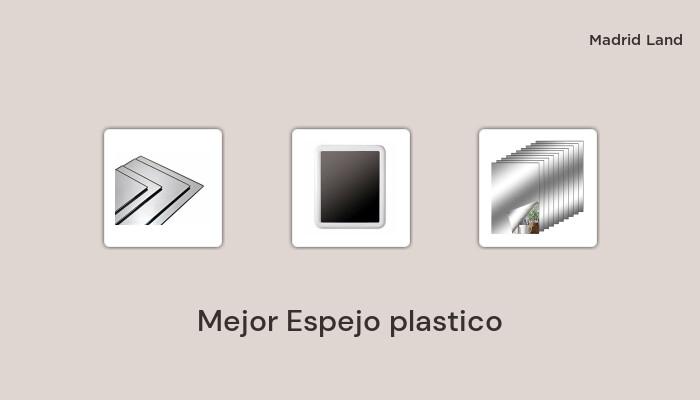
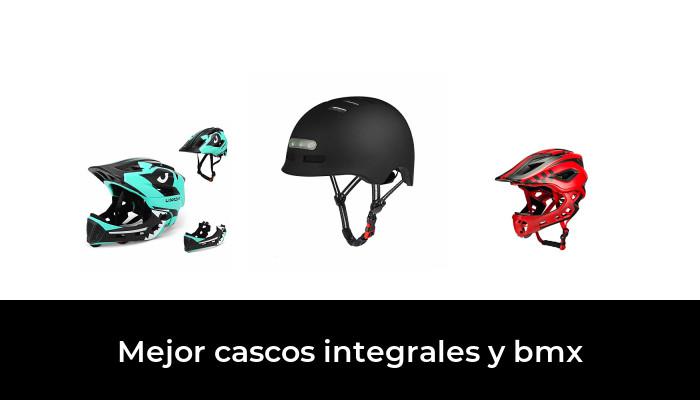
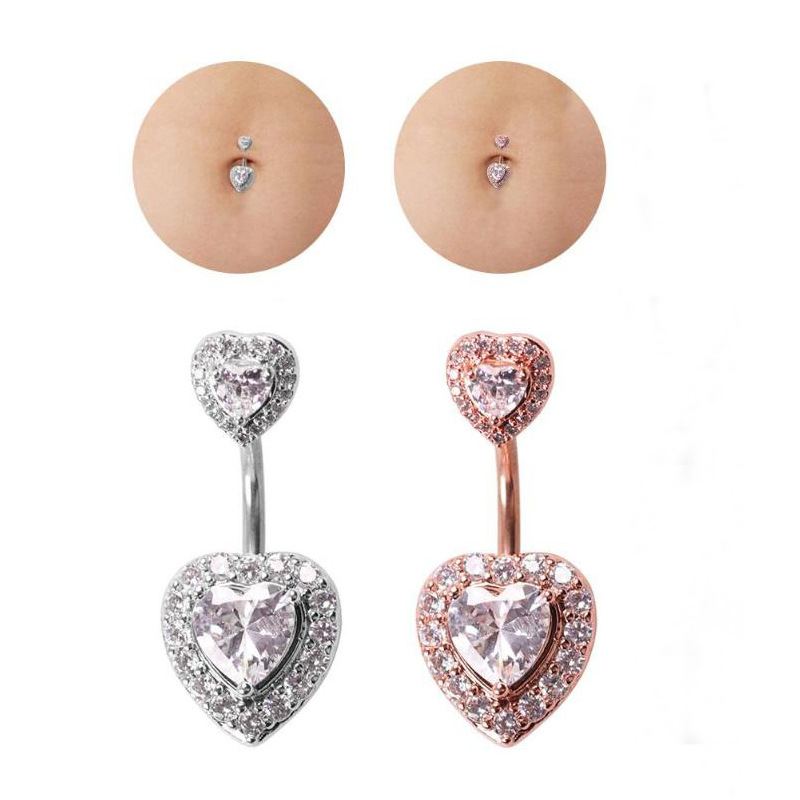
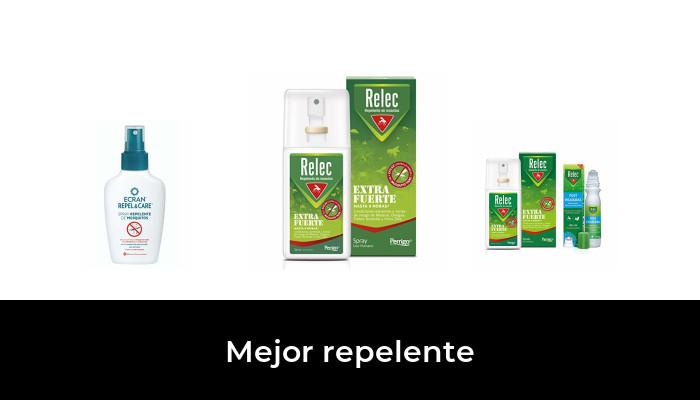
![47 best antiage nutritive cream in 2022 [based on 326 reviews] 47 best antiage nutritive cream in 2022 [based on 326 reviews]](https://website-google-hk.oss-cn-hongkong.aliyuncs.com/drawing/article_results_6/2022/2/27/1918fc37c66ad30564173e69d9df88a0.jpeg)

